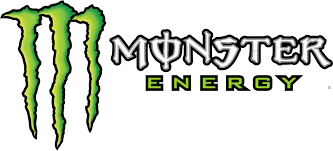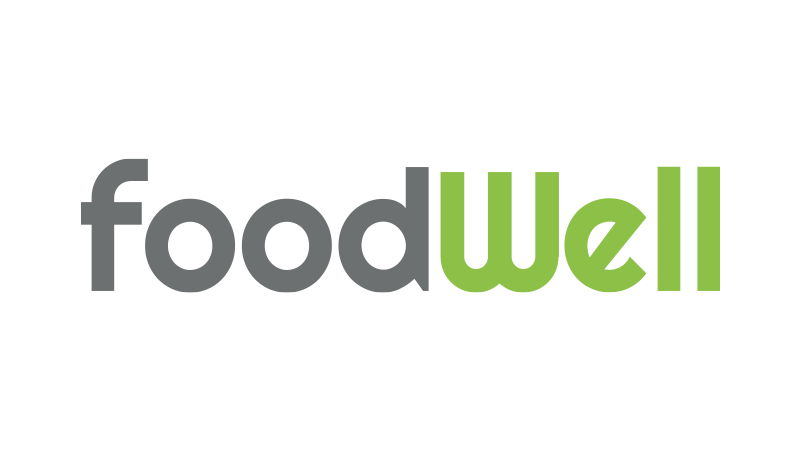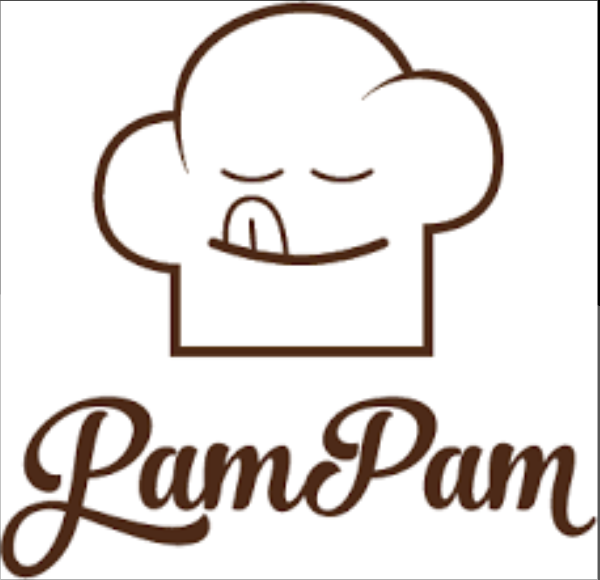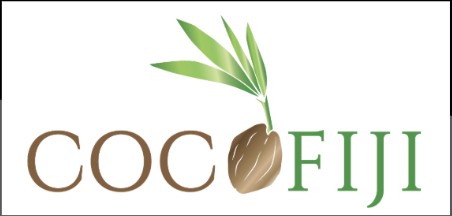If you are in the food and beverage industry and looking to launch your product in another market, you may have heard the term "food distributor." But what exactly is a food distributor, and why are they important for your business? In this article, we'll answer those questions and more.
What Is Food Distribution?
Food distribution is the process of getting food from producers and manufacturers to consumers. It involves a network of companies, organizations, and programs that collect food, store it in warehouses, and then distribute it to various channels such as grocery stores, restaurants, cafeterias, government aid programs, and more.
A subset of food distribution is food service distribution, which is the delivery of food from producers, processors, and manufacturers to food service operators like chefs, food and beverage managers, hospitals, restaurants, and nursing homes. Food distributors purchase directly from the manufacturer and sell directly to the food service operator. They may also provide other products that assist with food consumption, such as plates, cups, utensils, and napkins.

What Do Food Distributors Do?
Food distributors are responsible for transporting food from the manufacturer to the end consumer. They provide several services that include:
- Warehousing: Food distributors store food in their warehouses before distributing it to various channels.
- Transportation: They transport food from the warehouse to the end consumer, ensuring it reaches its destination safely and on time.
- Inventory management: They manage the inventory of food items, ensuring there is enough stock to meet demand.
- Sales and marketing: Food distributors help food companies to market their products and increase sales by getting them into the hands of more consumers.
It’s important to note that distributors can be broadly categorized in to several types. Depending on the type, distributors perform different activities and provide you with different services. The unique aspect of each country, and even each region’s distribution landscape also effect the roles of distributors.
The Different Types of Distributors
There are several different types of food distributors, each with their own unique characteristics and target customers. Here are some of the most common types of food distributors:
1. Broadline Distributors
Broadline distributors, also known as full-line distributors, carry a wide range of food products, including fresh and frozen meats, poultry, seafood, dairy products, produce, canned goods, and dry goods. They offer a one-stop-shop for food service operators, making it easy for them to purchase all the products they need from a single source.
Broadline distributors are used by a wide range of food service operators, from small independent restaurants to large chain restaurants, hotels, and other institutions.
2. Specialty Distributors
Specialty food distributors specialize in carrying specific types of food products or products from specific regions. This can include organic and natural foods, gourmet foods, ethnic foods, or products from a specific country or region.
Specialty food distributors are often used by restaurants and retailers that specialize in a particular type of cuisine or food product, as well as by consumers who are looking for unique and hard-to-find products.
3. Regional Distributors
Regional distributors serve a specific geographic region, typically a state or group of states. They often carry a mix of broadline and specialty products, and may focus on serving a specific type of customer, such as independent restaurants or institutional customers.
Regional distributors are often used by small to medium-sized food service operators who value local support and expertise.
4. Wholesale Distributors
Wholesale distributors sell food products in bulk to retailers, restaurants, and other food service providers. They provide a cost-effective solution for companies looking to purchase food items in large quantities. Wholesale distributors typically offer a wide variety of products and provide a one-stop-shop solution for food companies.
Find out more about the different types of distributors in our list of top 16 food distributors for the US market.
The Key Differences Between Food Distributors and Food Wholesalers
What is a food wholesaler?
A food wholesaler is a company that purchases food products from manufacturers and sells them to retailers and other food service providers. They may also sell to end consumers through online channels.
How Food Wholesalers and Food Distributors Are Different
While food distributors and food wholesalers have similar roles in the supply chain, there are some key differences between the two. Here’s how you can broadly view the differences, but note that there are plenty of companies that do things differently.
When it comes to food supply chains, there are two key players: food distributors and food wholesalers. The former connects manufacturers to retailers, while the latter buys products in bulk and sells them on to retailers. A distributor enters into a contract with a manufacturer to help them get their products on shelves and in front of consumers, as manufacturers can't reach customers directly. Distributors help brands put their products in various locations based on their size, goals, and budget. They can also provide logistical services, such as storing and transporting goods.

One of the key benefits of working with distributors is their ability to promote goods and sell them to retailers or customers directly. By working with distributors, manufacturers can expand their reach significantly, and customers benefit from a smoother experience. Food wholesalers, on the other hand, buy products in bulk and sell them on to retailers at a higher rate to make a profit. Retailers who purchase goods in large orders through a wholesaler can save money, and bulk-ordering reduces the risk of disruptions and disgruntled customers.
Wholesalers don't have contracts with manufacturers, which means they can stock products from competing brands without any conflict of interest. They don't enter into any marketing activities to promote manufacturers' goods, instead focusing on the purchase and supply of products to generate profits. Wholesalers operate in limited geographic areas than distributors and deal with retailers only - never direct consumers.
How to Work with a Food Distributor
If you want to work with a food distributor, the first step is to build demand for your product. This means creating a relevant and compelling product that consumers are interested in and that operators feel will enhance their food offerings. You should also make sure that your product fits the distributor's brand and target market.
Once you have built demand for your product, you can approach food distributors that serve your target market or geographic area. Be prepared to provide samples of your product and to demonstrate why it is a good fit for the distributor's customers. If the distributor is interested in your product, they may place an initial order and begin the process of getting your product onto store shelves or into restaurant kitchens.
Working with a food distributor can be a great way to expand your business and reach new customers. By understanding the different types of food distributors and how they operate, you can find the right distributor for your product and build a successful partnership that benefits everyone involved.
Work With A Local Partner To Avoid Costly Mistakes and Manage Risk
Thanks for reading about the differences between food distributors and wholesalers. If you're thinking of expanding your product's distribution to new markets or want to improve your current distribution, GourmetPro's global network of local experts can help you get it just right.
Our experienced team understands the intricacies of local markets and can provide you with valuable insights to ensure a smooth distribution process. Our experts work closely with you to understand and achieve your business goals, no matter what your budget.
Whether you're a small business looking to get your products on local shelves or a larger company seeking to expand into international markets, our network of experts has the knowledge and expertise to help you succeed.
So if you're ready to take your distribution to the next level, get in touch with GourmetPro today. We're excited to work with you and help your business grow.
FAQs for What is a Food Distributor?
Q1. What are the types of food distributors?
There are various types of food distributors, such as broadline distributors, specialty distributors, and regional distributors. Broadline distributors are the most common type and sell a wide range of products. Specialty distributors, on the other hand, focus on specific categories of products such as organic food or gluten-free food. Regional distributors, as the name implies, serve specific regions and offer products that are popular in that area.
Q2. What are some examples of food distributors?
Some examples of food distributors include Sysco, US Foods, and Performance Food Group. These broadline distributors offer a range of products from fresh produce to canned goods to food service equipment. Specialty distributors include UNFI, which specializes in natural and organic food products, and KeHE, which focuses on natural, specialty, and fresh food items. Regional distributors may include companies like Ben E. Keith, which operates in the southern and southwestern United States.
Q3. What is the difference between a distributor and a supplier?
A distributor connects manufacturers with retailers and other buyers, whereas a supplier provides products directly to the buyer. Distributors often stock products in their warehouses and sell in smaller quantities to various buyers, while suppliers may produce or source products and sell them in larger quantities directly to retailers or other businesses. Distributors may also offer additional services such as logistics and transportation, while suppliers may not. The main difference is that distributors act as intermediaries between manufacturers and buyers, while suppliers are the source of the products themselves.


%206.png)
.svg)






.svg)



.svg)
.svg)
.svg)
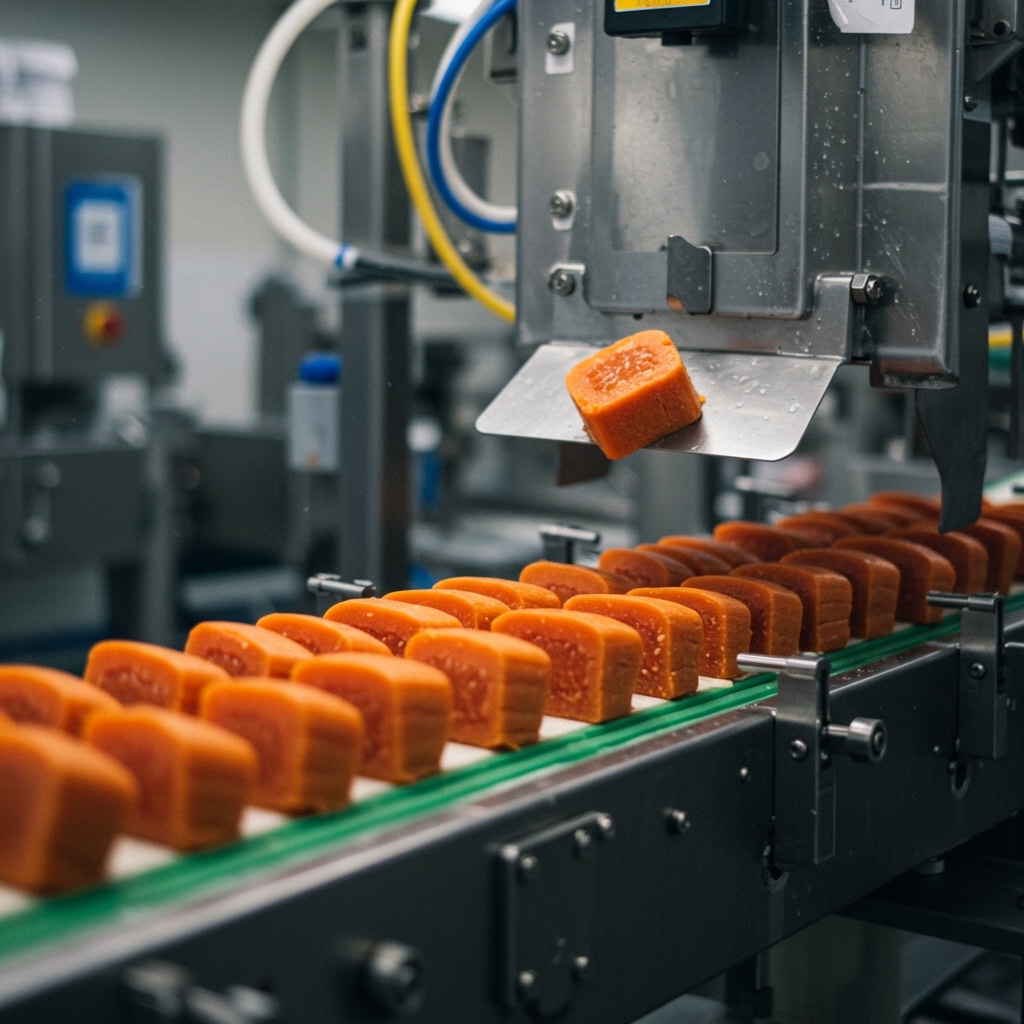
.svg)
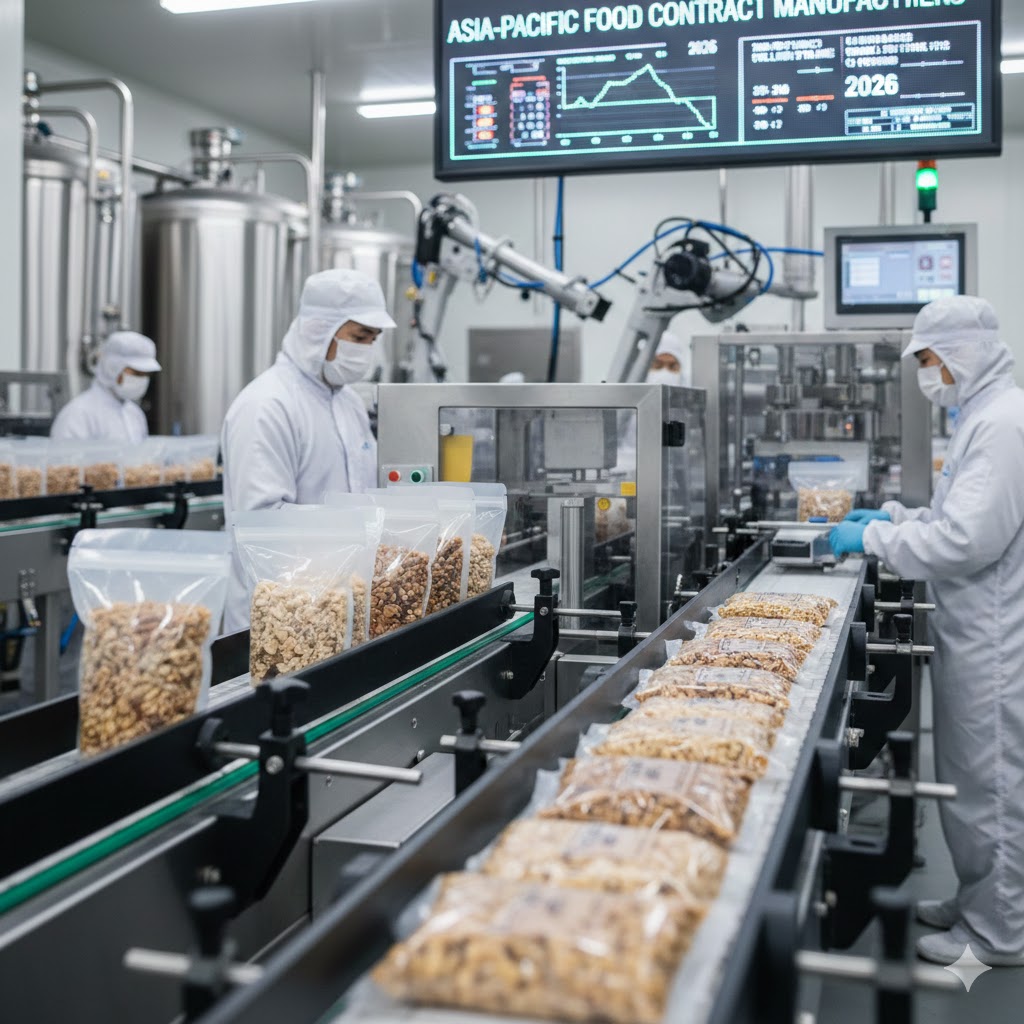
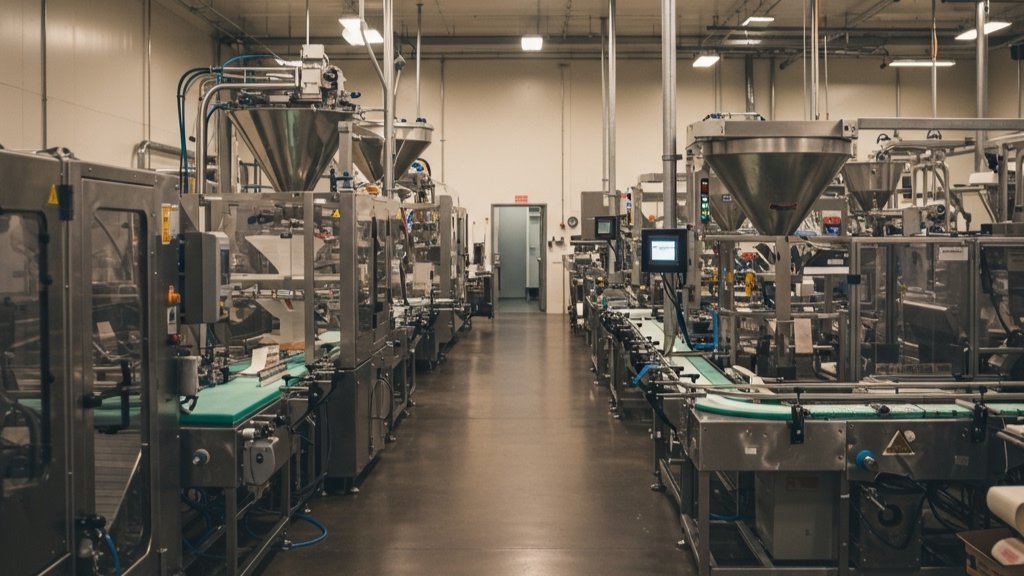

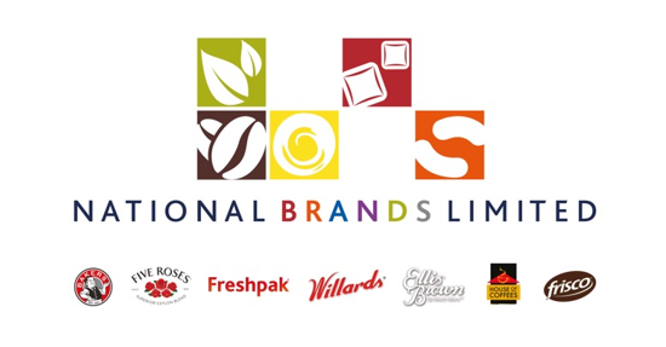
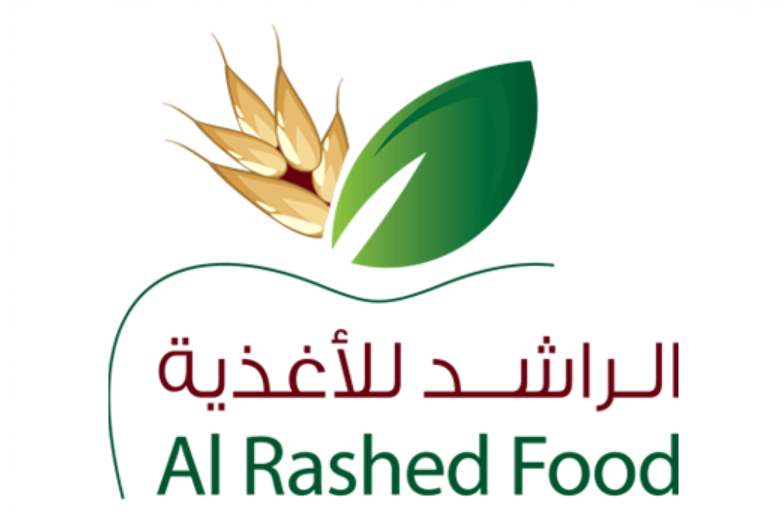


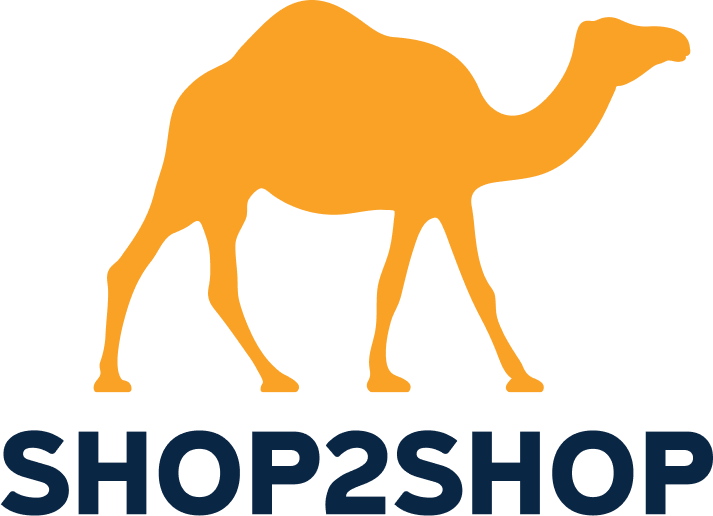








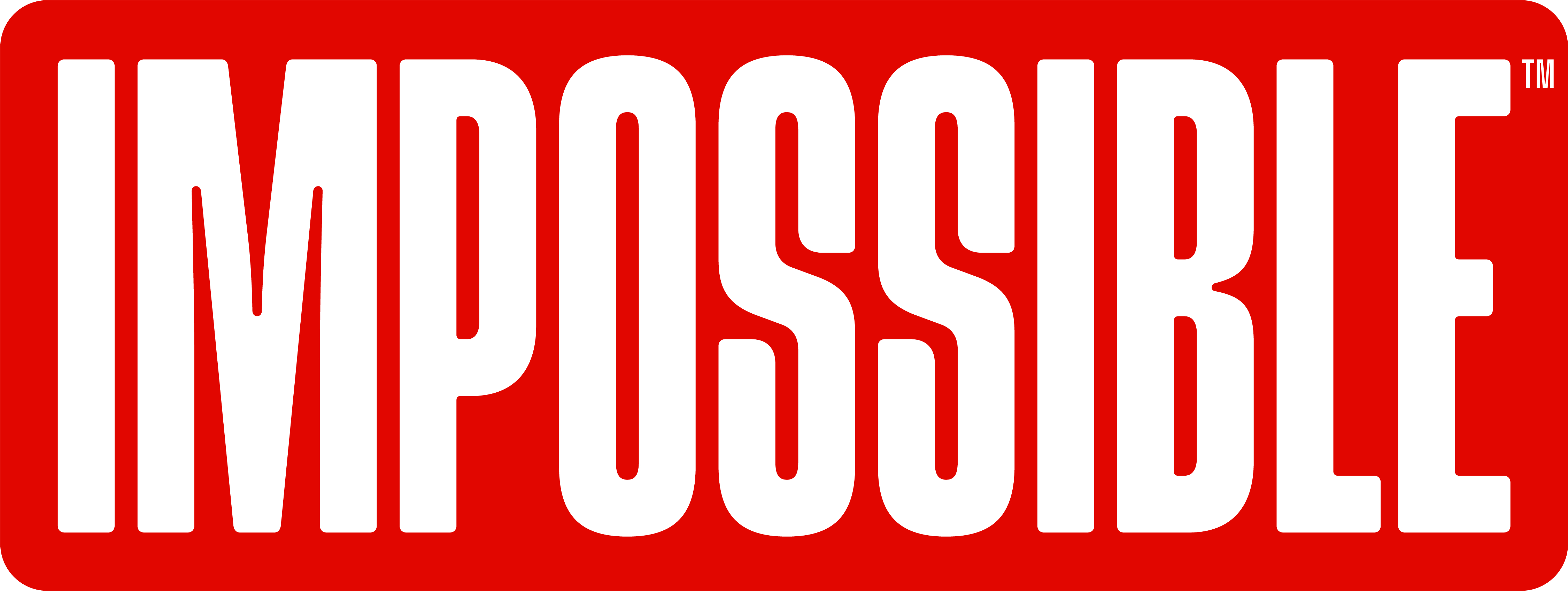








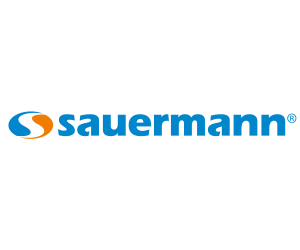





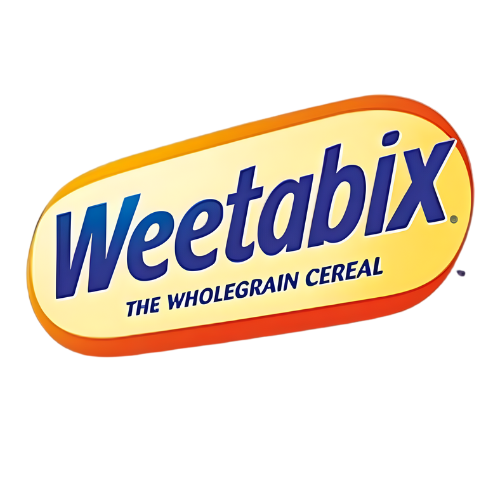

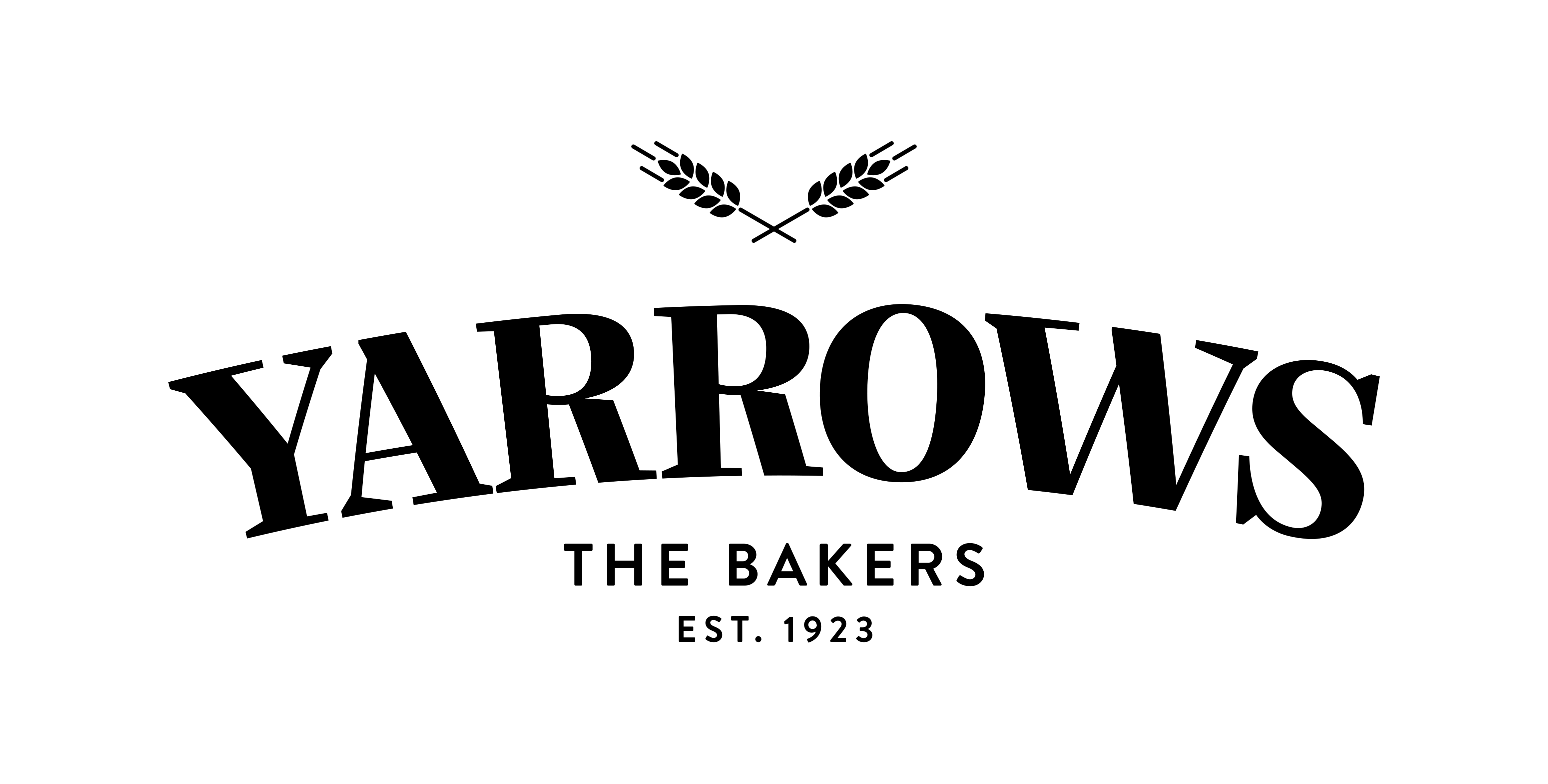

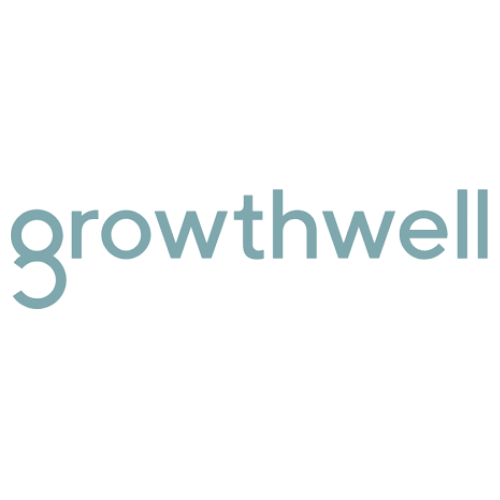



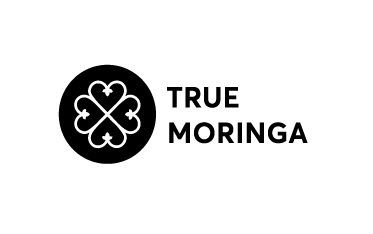













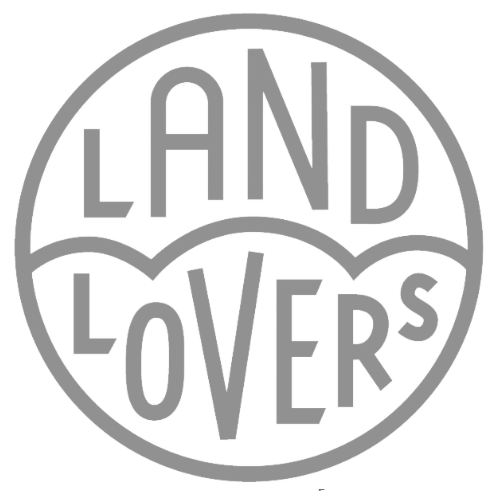






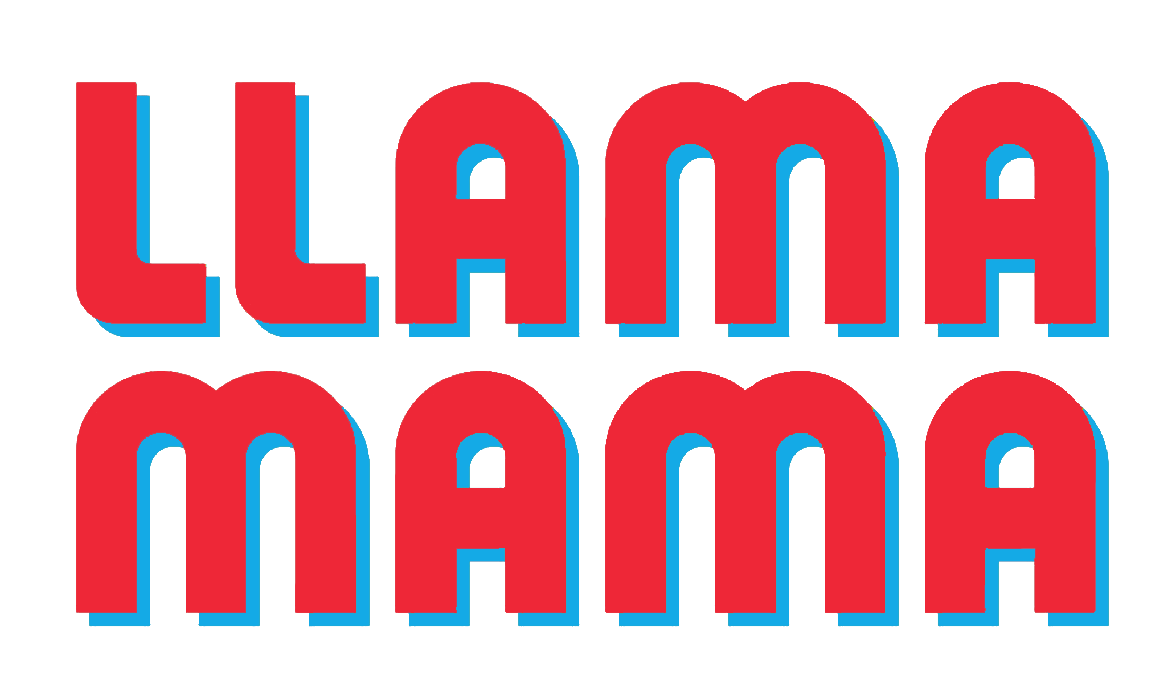






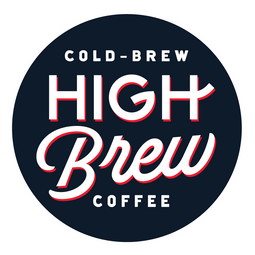

.png)





